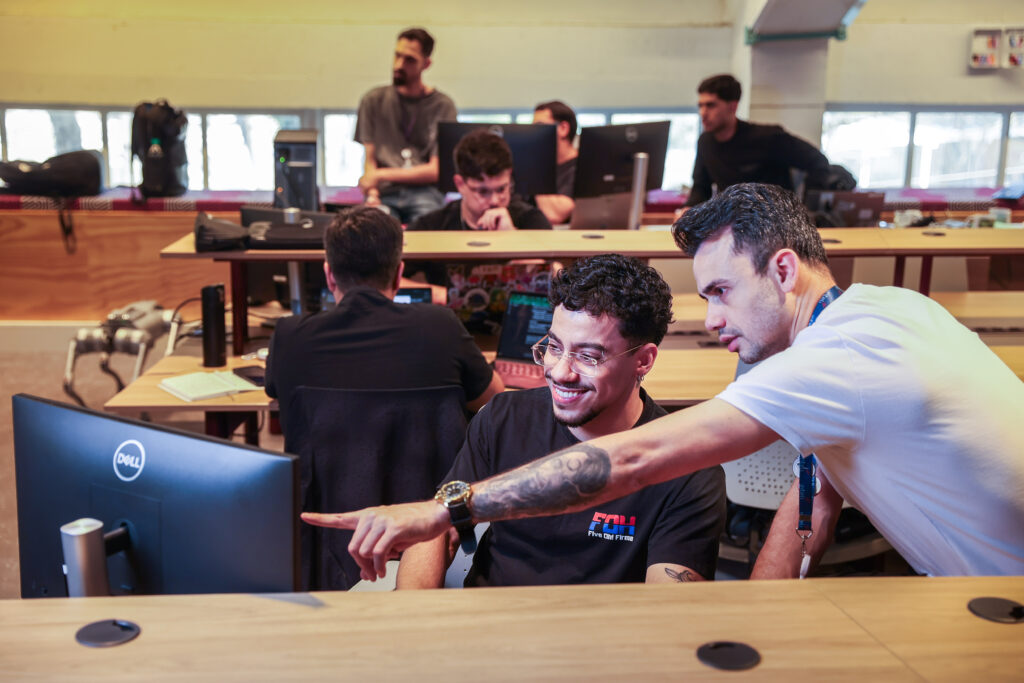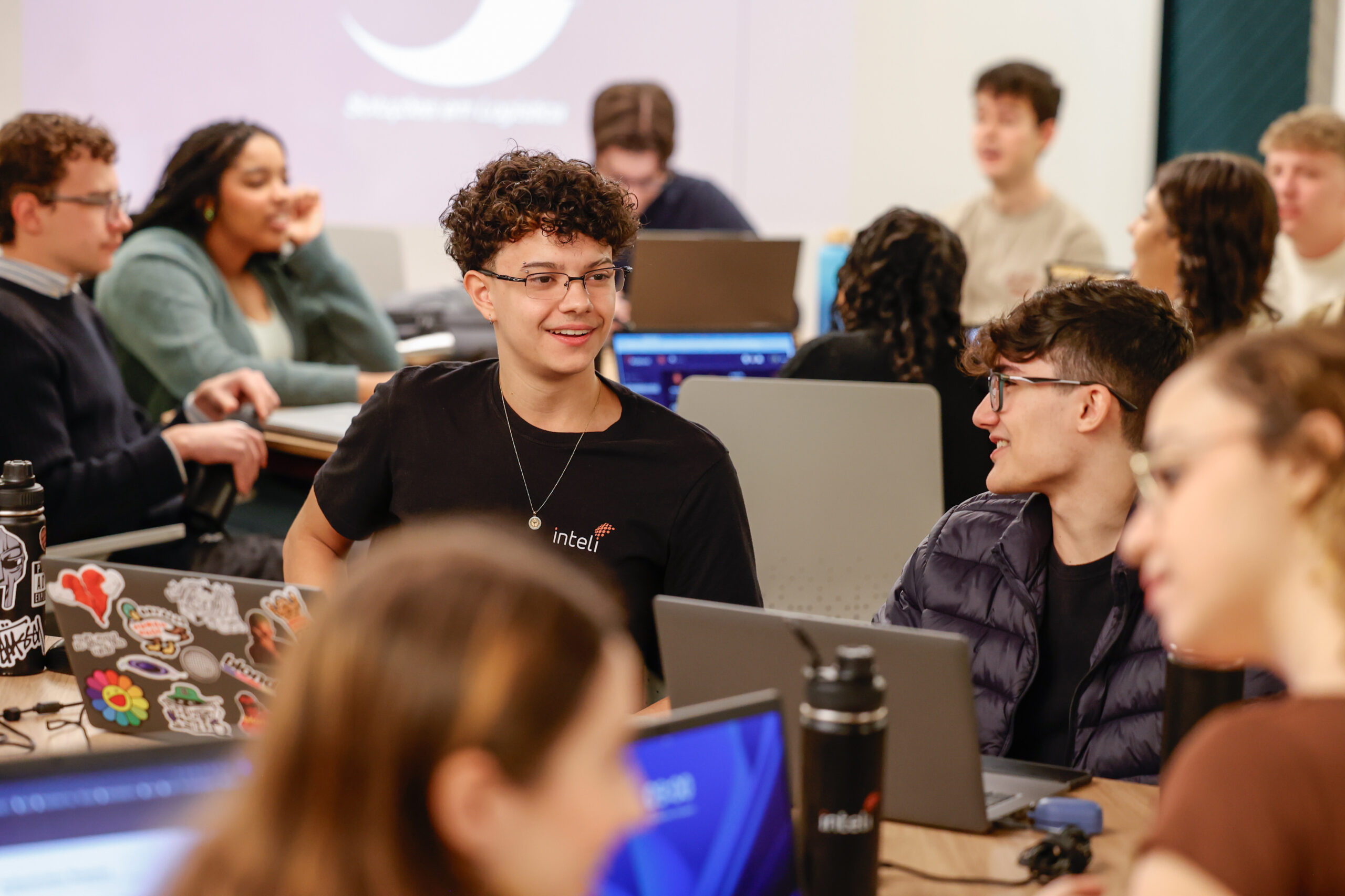Thais Neubauer - Inteli professor
The success of an Artificial Intelligence application goes far beyond data and computing power. The clarity and depth of the reasoning behind the models play an equally, if not more, important role. The first and perhaps most critical step is complete immersion in the business context.
Before any analysis, it is necessary to understand the objectives, processes and pains that the AI solution aims to solve, so that the data can then be understood and prepared appropriately.
Immersion in the business already generates value
This immersion in the business is so powerful that it generates value in itself. With the initial exploration of the data guided by a deep understanding of the business, many questions relevant to decision-making can already be answered.
Sometimes we realize that a complex problem can be solved without AI, with basic statistical analysis. When applied in a way that is aligned with the objectives, these simpler solutions outperform complex models because they require a much smaller investment of resources.
Data preparation as an intellectual challenge
When AI is the way forward, data preparation becomes an intellectual translation challenge. This is where qualitative and subjective business information is converted into structured representations that algorithms can process. Decisions about how to treat noise, outliers or missing values depend directly on the context. What looks like missing data may in fact be a pattern of filling in the system that understanding the business allows us to decipher.
Relevance of the information according to the problem
The relevance of information also changes depending on how the problem is modeled. For example, for a model that seeks to predict whether a customer will abandon a service(churn), the history of complaints and frequency of use are essential data.
For a model that aims to recommend a new product to the same customer, their recent browsing history and past purchases become much more important than the number of complaints. The decision of how to present the data to the algorithm is therefore a strategic choice.

Business and technical knowledge as a differential
This is where business understanding and in-depth technical knowledge come together as a major differentiator. In Module 3 of Inteli's first year, students delve into the mathematical and statistical details that govern how algorithms work. They don't just learn to use a library, but to understand the assumptions and ideal scenarios for each technique.
The choice of tool ceases to be a blind application, guided by hype, and becomes an engineering decision: strategic, defensible and aware of its implications.
From analytical basis to project practice
With this consolidated analytical basis, practical application in projects becomes the testing ground for well-structured reasoning. Every model built and every test carried out is the result of a clear hypothesis and careful analysis. The process of iterating, failing and refining solidifies the connection between theory and the tangible impact of the solution, preparing the student for the challenges of the real world.
Training complete professionals
This method trains complete professionals who engage with technology rather than just applying it. They combine in-depth theoretical content with the business context to build solutions, knowing how to interpret their results responsibly. This is the development of a mental framework that establishes a more critical, efficient and truly innovative way of working.




